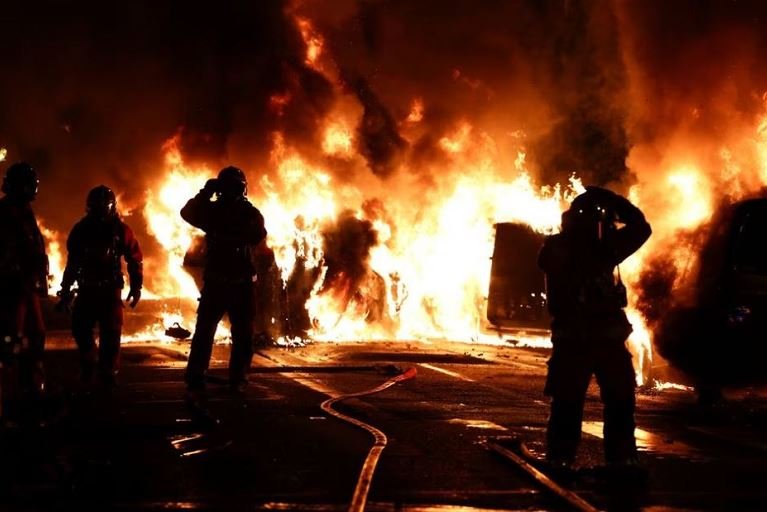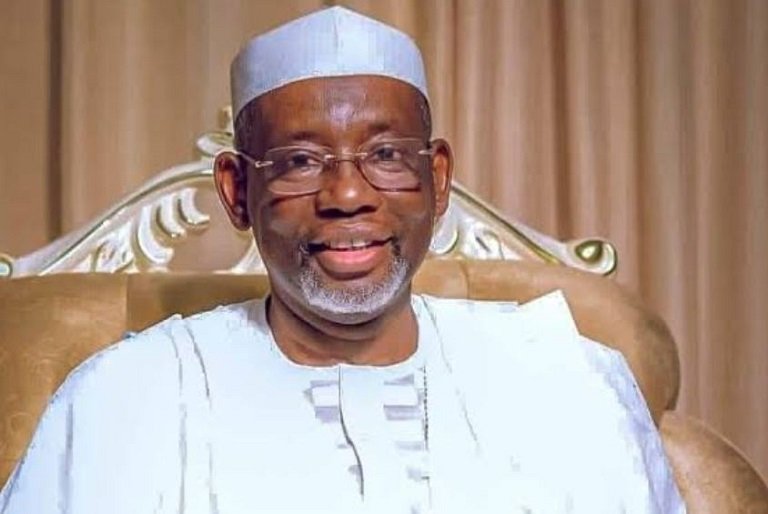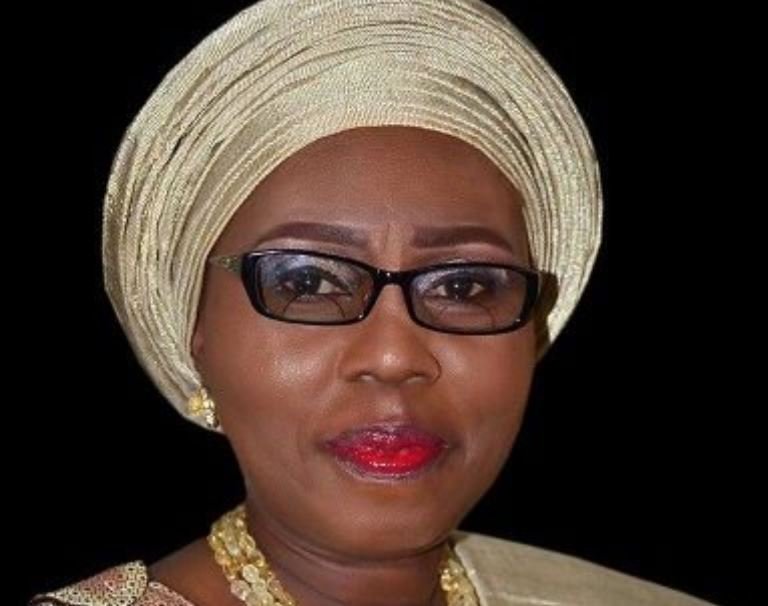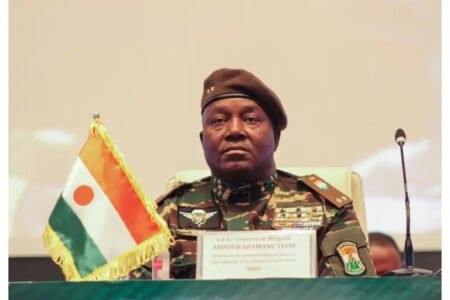Legal experts have urged President Bola Tinubu to oversee the rehabilitation and compensation of minors jailed as a result of the #EndBadGovernance protests, citing infringement of child rights legislation.
Tinubu issued the decision in response to the public outrage that accompanied the arraignment of the youngsters, who also appeared hungry.
Justice Obiora Egwatu of the Federal High Court in Abuja dismissed the protesters’ petition following an application by the Federation’s Attorney-General.
Following their release, Vice President Kashim Shettima exhorted them to turn a new leaf and create responsible futures for themselves.
Even after the President issued his decree and the youngsters were released, legal practitioners sought additional action.
Among them is a Senior Advocate of Nigeria, Wahab Shittu, who emphasised the importance of thorough rehabilitation and compensation for the released minors.
Shittu said, “The president has taken the first step by directing their release, which is commendable. The president should go a step further by rehabilitating, reorientating, and compensating the victims through comprehensive welfare schemes that address their immediate concerns.
“This action would reinforce that he is sensitive to the people’s needs and is ready to meet their expectations.”
On his part, the Joseph Otteh Convener of Access to Justice, criticised the initial arrest and subsequent detention as unjust and excessive.
“First of all, their arrest and detention were reckless and ill advised. On top of that, trumped-up charges that had no objective basis were preferred against them.
“I don’t think anyone believes that allegations of terrorism and treason were rightly made against these defendants. They were wrongly and maliciously arrested for exercising their constitutional rights,” Otteh said.
Otteh emphasised the constitutional obligation of authorities to apologise and compensate in such cases.
“The Constitution makes it clear that when individuals are unjustly detained, it is incumbent on the arresting authority to actively apologise and compensate them.
“The suggestion to pay compensation is not out of place; it is embedded in the very facts of their arrest and detention. The effort to tag them as terrorists and accuse them of treason was simply an attempt to give a dog a bad name to hang it.
“The arrest and detention were wrongful and malicious. It makes sense to argue that these individuals are entitled to be compensated,” Otteh said.
He opined that every aspect of the arrest, detention, and trial of the #EndBadGovernance protesters was badly managed.
Otteh emphasised that these defendants ought not to have been arrested in the first place, seeing they are legitimating exercising a constitutional right.
According to Otteh, given that they were minors, the Child Rights Act mandates, under Sec. 211(b), that “upon an arrest, ”the Court or police, as the case may be, shall, without delay, consider the issue of release. All the minors ought to have been considered for immediate release, first by the police and then by the court immediately upon arraignment.
Kunle Adegoke, a Senior Advocate of Nigeria, stated in his submission that he is unaware of the specific age alleged or attributed to the arrested demonstrators.
According to him, if they are under the age of 17, they must be deemed juveniles, and the question of criminal responsibility arises as to whether, at that age, they have a criminal mentality and can be said to have lawfully committed an offence.
Adegoke contended that, while some of the people arrested appeared to be minors, they could actually be adults.
He contended that juveniles should not be exposed to criminal proceedings since they are presumed to lack the necessary criminal intent.
Adegoke noted that they may not be considered to have the criminal mind required to be charged for an offence.
“Children cannot be prosecuted for an offence in the same way as adults. In such cases, minors are usually referred to foster or child-remand homes to undergo correctional processes.
“So in such a situation, I’m sure counsel representing the defendants in this instance would have objected concerning the competence of the courts to assume jurisdiction over the trial of these minors.
“If it is established that they are minors, the court will rule on the competence of the charges. If the charges are found incompetent, the children will be referred to appropriate facilities for rehabilitation,” he said.











